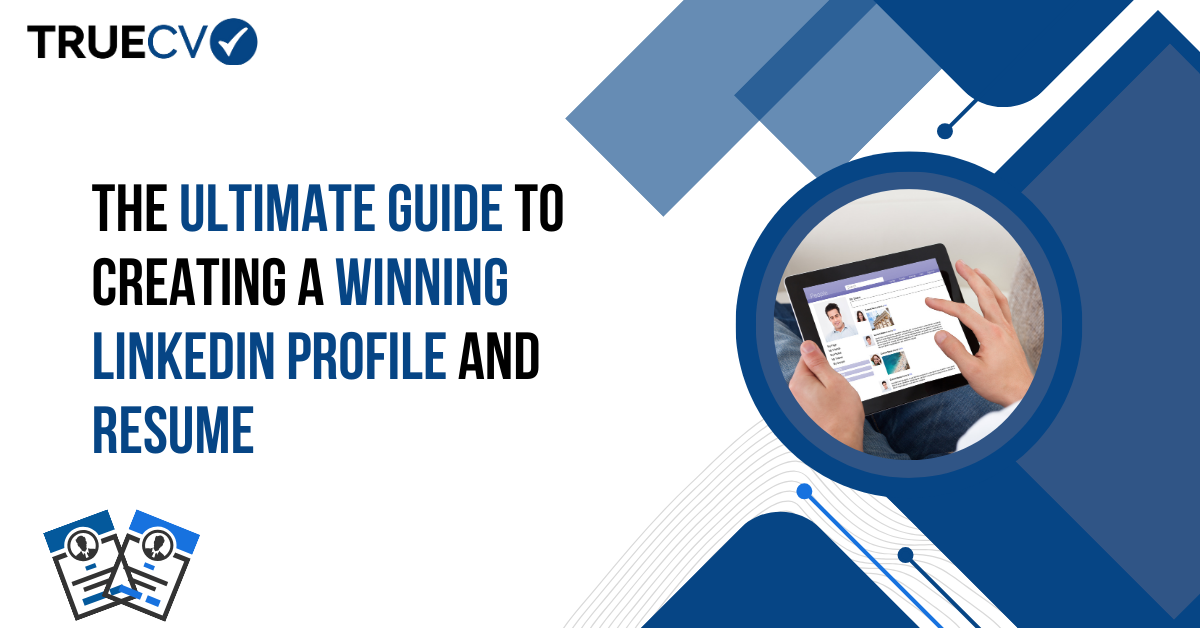
The Top 10 Dos And Don'ts Of Job Interviews
The job interview process can be both exciting and nerve-wracking. It is an opportunity to showcase your skills and experience, while also learning more about the company and the job you are applying for. To ensure a successful interview, it is important to follow the top 10 dos and don'ts of job interviews.
Dos:
1. Research the company and the position:
Before going to the interview, it is important to research the company and the position you are applying for. This will help you understand the company's values, goals, and needs, and will allow you to tailor your responses to their requirements. You can research the company through their website, social media accounts, news articles, and reviews.
Additionally, research the job requirements and responsibilities to ensure that you have the necessary skills and experience. This will help you feel more confident during the interview and allow you to provide specific examples of your accomplishments that relate to the job requirements.
2. Dress appropriately:
Dressing appropriately for the job interview is crucial. Dress in professional attire that is appropriate for the job you are interviewing for. Dressing well will not only create a good impression but also boost your confidence. It is better to overdress than underdress, as it shows that you are taking the interview seriously.
3. Be on time:
Punctuality is an essential trait that employers look for in their employees. Make sure you arrive at the interview location at least 10-15 minutes before the scheduled time. Being on time shows that you respect the interviewer's time and are responsible.
4. Show enthusiasm:
Showing enthusiasm for the job and the company is important. It shows the interviewer that you are interested in the job and the company. Ask questions about the position and show that you are eager to learn. This will demonstrate that you are motivated and willing to put in the effort to succeed in the role.
5. Highlight your accomplishments:
Using specific examples of your accomplishments that relate to the job requirements is important. This will help demonstrate your skills and experience. Be prepared to provide specific examples of how you have excelled in your previous roles and how those experiences have prepared you for the current job.
6. Be honest:
Be truthful about your qualifications and experience. Lying or exaggerating your qualifications can lead to negative consequences in the future. Additionally, if you are asked a question that you do not know the answer to, it is better to be honest and say that you do not know, rather than trying to fake an answer.
7. Follow up:
After the interview, send a thank-you email or note to the interviewer. This shows that you appreciate their time and are interested in the position. In the thank-you note, you can also reiterate your interest in the job and provide any additional information that you may have forgotten to mention during the interview.
8. Practice your responses:
Practicing your responses to common interview questions is important. This will help you feel more comfortable and confident during the interview. You can practice with a friend or family member, or record yourself answering questions to review later.
9. Listen carefully:
Listening carefully to the interviewer's questions and responding appropriately is crucial. Avoid interrupting or talking over the interviewer. If you do not understand a question, ask for clarification before answering.
10. Maintain eye contact:
Maintaining eye contact shows that you are confident and interested in the job. This will help build trust and rapport with the interviewer. Additionally, avoiding looking down or around the room during the interview shows that you are engaged and interested.
Don'ts:
1. Being late
One of the biggest mistakes you can make during a job interview is arriving late. This not only shows a lack of punctuality and respect for the interviewer's time, but it can also create a negative first impression. Always plan to arrive at least 10-15 minutes early, and if an unexpected delay occurs, make sure to contact the interviewer to let them know you will be late.
2. Being rude or unprofessional
Another major don't of job interviews is being rude or unprofessional. This includes using inappropriate language or behavior that is disrespectful or unprofessional. Remember that the interviewer is assessing your fit for the company culture, so it's important to conduct yourself in a manner that aligns with their values and expectations.
3. Speaking negatively about previous employers
It's natural to have had negative experiences with previous employers or colleagues, but it's important to avoid speaking negatively about them during the interview. Doing so can create the impression that you are not a team player and may also make the interviewer question your ability to handle difficult situations in a professional manner.
4. Chewing gum or eating during the interview
While it may seem like a minor detail, chewing gum or eating during the interview can be distracting and create a negative impression. Avoid bringing food or drinks to the interview and dispose of any gum before you enter the interview room.
5. Bringing up salary too early
It's important to demonstrate your interest in the job and the company, but it's best to avoid bringing up salary too early in the interview process. This can create the impression that money is your primary motivation, which may not align with the company's values.
6. Talking too much
While it's important to provide detailed responses to the interviewer's questions, it's equally important to avoid talking too much or rambling. Keep your responses concise and relevant to the question being asked, and avoid going off on tangents or discussing irrelevant information.
7. Fidgeting or slouching
Your body language can say a lot about your level of interest and engagement in the interview. Fidgeting or slouching can create the impression that you are uninterested or disengaged, so it's important to sit up straight and maintain good posture throughout the interview.
8. Using your phoneIn today's digital age, it's easy to become distracted by our phones. However, using your phone during the interview can be extremely distracting and create a negative impression. Avoid checking your phone or using it for any reason during the interview.
9. Lying about your qualifications
Lying or exaggerating your qualifications can lead to negative consequences in the future. Be truthful about your qualifications and experience, as this will demonstrate your integrity and build trust with the interviewer.
10. Failing to ask questions
Finally, failing to ask questions about the company or position can create the impression that you are not interested or engaged. Prepare a list of thoughtful questions before the interview and be sure to ask them during the interview. This will demonstrate your interest in the position and the company.
In conclusion, job interviews are an important part of the job search process, and it's essential to follow these interview tips to make a great impression on potential employers. By avoiding the resume writing mistakes and these top 10 don'ts of job interviews, you can increase your chances of landing the job and taking the next step in your career.





